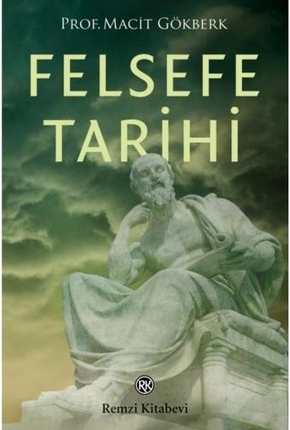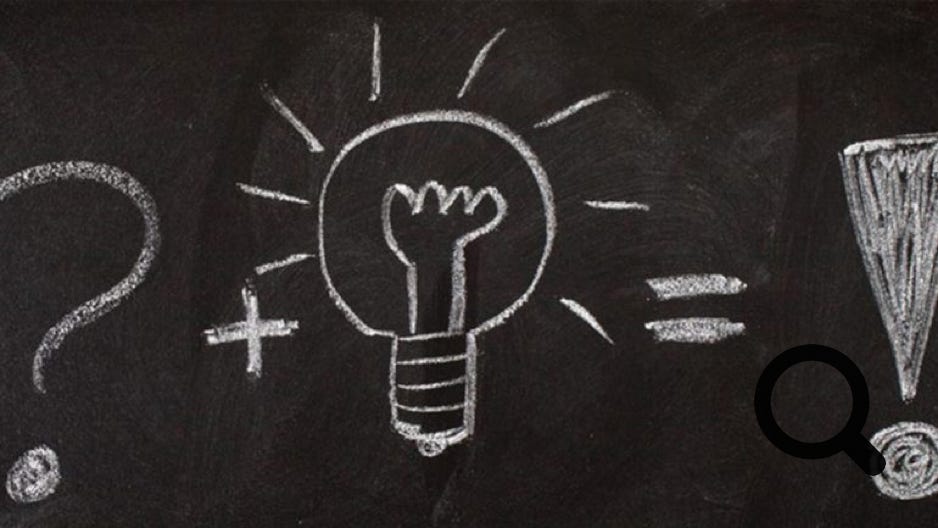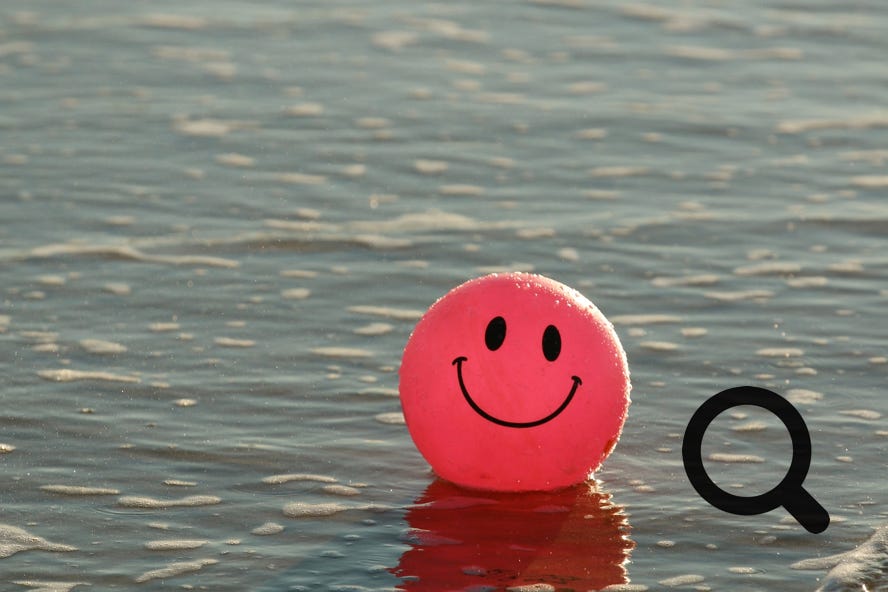The Philosophy of Education course is structured to first explore philosophical perspectives on existence and humanity, examining key thinkers, thought systems, and their critiques. It then shifts focus to the educational implications of these systems—discussing the problems they pose, their proposed solutions, and criticisms. Ultimately, the course centers on diverse educational philosophies, analyzing their practical challenges, proposed reforms, and alternative perspectives through critical inquiry.
COURSE OBJECTIVE
The primary aim of this course is to cultivate a sense of universal doubt. There will be no attempt to impose a single "truth"; rather, a wide range of views and critiques will be discussed. Students will be encouraged to explore and shape their own perspectives, yet great care will be taken to prevent them from reaching absolute conclusions. Doubt must remain a driving force—fueling inquiry, critical thinking, and intellectual exploration. Through this ongoing process, students are expected to achieve continuous development in their thinking, emotional understanding, and actions.
CONTENT AND SCOPE
Discussions in the Philosophy of Education course will address topics such as existence, the universe, good and evil, right and wrong, belief, religion, morality, and their educational implications, models, and perspectives. Every concept related to education and instruction will be critically examined. Through this journey, students will strengthen their intellectual foundations for understanding and improving educational programs and teaching practices.
METHODOLOGY
The course will be conducted entirely through a student-centered approach. Discussions will be based on core texts, videos, and similar materials, encouraging research, debate, and reflection. Using an inquiry-driven model, students will engage in problem-centered discussions, fostering independent and critical thinking.
TIME AND LOCATION
The Philosophy of Education course will take place at the designated time and location as specified in the program.
CREDIT
The Philosophy of Education course carries 2+0 credits.
EVALUATION
Performance evaluation based entirely on thought will be made. The assessment in this course will not be based on grading and passing.
ATTENDANCE AND ABSENCE
Attendance is the basic condition for course achievement. Absence in accordance with the regulations is accepted as an excuse. No other reason is accepted as an excuse.

RESOURCES
1- Prof. Dr. Macit GÖKBERK, Felsefe Tarihi, 1999, Remzi Kitabevi, İstanbul
2- A.S.NEILL, Özgürlük Okulu, 2000, Payel Yayınevi,İstanbul
3- Jane Roland Martin, Okul Yuvası, 1998, Gendaş, İstanbul
4- Ivan ILLICH, Okulsuz Toplum, 2002, Benseno yayınları, İstanbul
5- Louis MILLET, Metafizik, 2004, Elis Yayınları, Ankara
6- Gordon W. ALLPORT, Birey ve Dini, 2004, Elis Yayınları, Ankara
7- Prof. Dr. İbrahim EMİROĞLU, Mantık Yanlışları, 2004, Elis Yayınları, Ankara
8- C.E.M. JOAD, Dünyanın Büyük Felsefeleri, 1993, Remzi Kitabevi, İstanbul
9- İnayet Pehlivan AYDIN, Alternatif Okullar, 2002, Pegem A Yayınları, Ankara
10- Doç Dr. Kasım KARAKÜTÜK, Demokratik Laik Eğitim, 2001, Anı Yayıncılık, Ankara
11- Prof. Dr. Mahmut TEZCAN, Postmodern ve Küresel Toplumda Eğitim 2002, Anı Yayıncılık, Ankara
12- Metin YASA, Tanrı ve Kötülük, 2003, Elis Yayınları, Ankara
13- Georges POLİTZER, Felsefenin Başlangıç İlkeleri, 1997, Sosyal Yayınlar, İstanbul
14- Hilmi Ziya ÜLKEN, Eğitim Felsefesi, 2001, Ülken Yayınları, İstanbul
15- Hilmi Ziya ÜLKEN, Türkiye’de Çağdaş Düşünce Tarihi,2005, Ülken Yayınları, İstanbul
16- Gerald L. GUTEK, Eğitime Felsefi ve İdeolojik Yaklaşımlar, 2001, Ütopya Yayınevi, Ankara
17- Sabri BÜYÜKDÜVENCİ, Eğitim Felsefesine Giriş, 2001, Siyasal Yayınevi,Ankara
18- Nesrin KALE, Nasıl Bir İnsan Nasıl Bir Öğretim?, 2003, Siyasal Yayınevi,Ankara
Syllabus: Philosophy of Education
1. The Problem of Arche: Existence? (Discussion, Group Work)
Early philosophers and their ideas (Reading)
Summary of Scientific Findings
Video: National Geographic Documentary: Universe, Creation, and Destruction
Focus:
Recognizing the importance of scientific thinking
Differentiating between scientific inquiry and mere belief
Creating doubt regarding what we think we know or believe
Building scientific knowledge about the universe and Earth
Making inferences, engaging in discussions, and reasoning based on assumptions
2. The Problem of Truth and Reality: Is there a Universal Truth? (Group Work, Class Discussion)
Sophists and Relativism (Reading)
Different dimensions of “truth”: “useful” – “good” – “moral”
Focus:
Is formal schooling necessary?
Sophists and their impact on education
Is there a universal truth? (Group Discussion)
3. Socrates and Virtue (Discussion, Reading)
Knowledge, State, Democracy, and Socratic Inquiry
Reading: Socrates' Defense
Focus:
Practical exercises in Socratic questioning
Majority-based truth vs. pluralistic truth
The concept of virtue
Ideal morality and the ideal state
4. Plato: The State, Democracy, Knowledge, and Ideas (Reading)
Focus:
Theory of Ideas
Allegory of the Cave and the "Little Man in the Tower" metaphor
Distinguishing between opinion and true knowledge
Plato’s categorization of different people and the four cardinal virtues
Plato's views on democracy and the ideal state
5. Aristotle (Logic) – Week 1 (Reading, Video, Activity)
Watch a documentary on Aristotle and present a concept map
Activities to understand and differentiate logic from fallacy
Resources: Wikipedia summary on Logic and Fallacies, Alev Alatlı's documents
6. Aristotle Continued –Superstitions
Focus:
Discussing examples of superstitions in Turkey
Introduction to the scientific method and knowledge paradigms: Positivism and Post-Positivism
Video: Enemies of Reason – Part 1
Realist and materialist philosophy in education: Perennialism and Essentialism
Reading Assignment: "Limits and Criteria of Science" and Enemies of Reason – Part 2
7. Good, Evil, Right, Wrong, Morality, Religion, God, and Belief
Focus:
Is human nature inherently good?
Sources of goodness: inner morality vs. external forces (e.g., spirits, demons, angels)
Is religion the origin of morality, or is it a psychological and social need?
Comparative study of world religions: origins, similarities, differences, and their relevance today
Sources of belief: instinctive, emotional, or rational?
Resources:
The Story of God with Morgan Freeman (PowerPoint discussions)
Documentary: The Origins of Good and Evil
Films: The History of God, The Man from Earth, and Celal Şengör’s lecture on "Coincidence"
8. Assumptions about Intelligence: IQ vs. Multiple Intelligences
Focus:
Challenging traditional assumptions about intelligence, reasoning, and superior thinking
9. Midterm Assessment
10. Progressive Education and Dead Poets Society
(Film Screening, Discussion)
Focus:
Preparatory discussions
Watching the film
Comparative discussions: Traditional vs. Progressive Education
11. Critical Pedagogy and Humanistic Education
Focus:
Paulo Freire, Seymour Papert – Critical Pedagogy
Ivan Illich – Deschooling Society
Sudbury Valley School – Democratic Schooling
12. Captain Fantastic Film: Homeschooling Philosophy
(Film Screening, Discussion)
Focus
Preparatory discussions
Watching the film
Discussion on homeschooling philosophy and practice
13. Future and Education
Focus:
Future projections
Thought-provoking videos
Forecasts about society, work, relationships
Educational foresight and innovation
14. Surrogates and Simulation
Focus:
Preparatory discussions
Film Screening: Surrogates
Reflection on the future and human adaptation
Are we truly contemporary?
15. Conclusion: The End
Kocaeli Üniversitesi, Eğitim Fakültesi, Eğitim Bilimleri Bölümü 41380 İzmit/Kocaeli/Türkiye
ismetsahin@gmail.com






